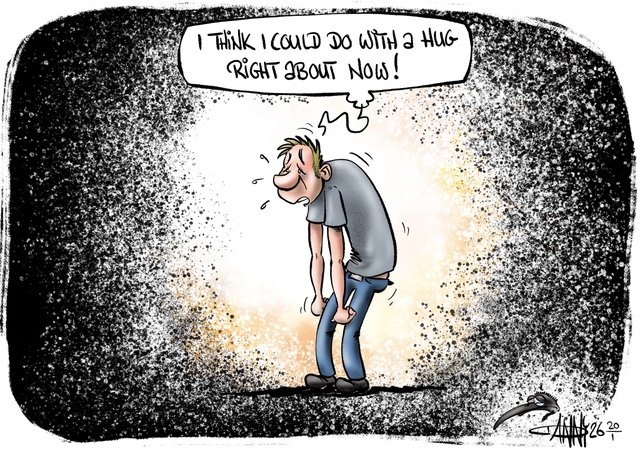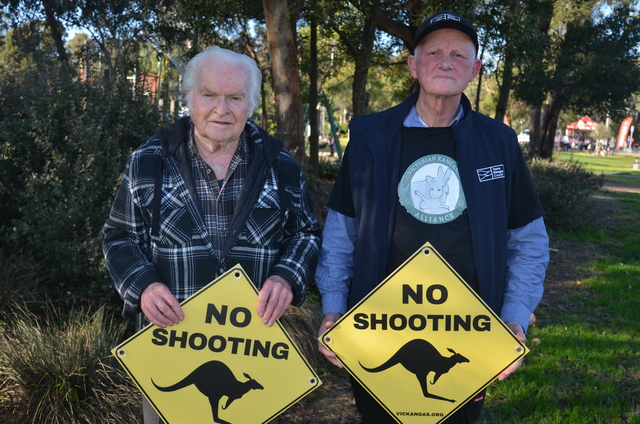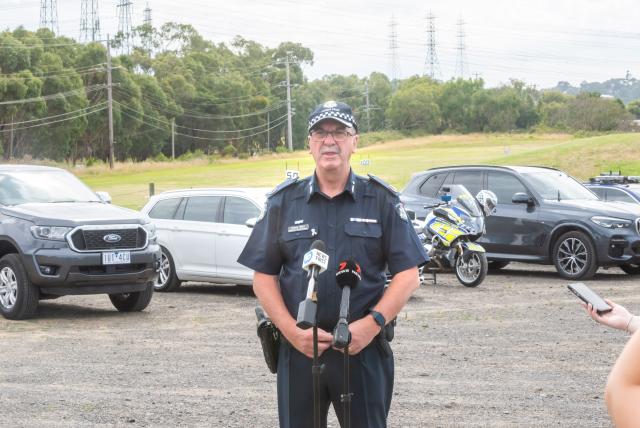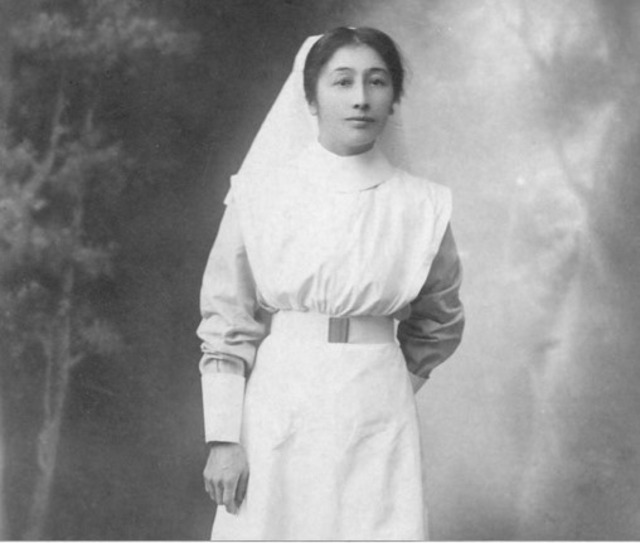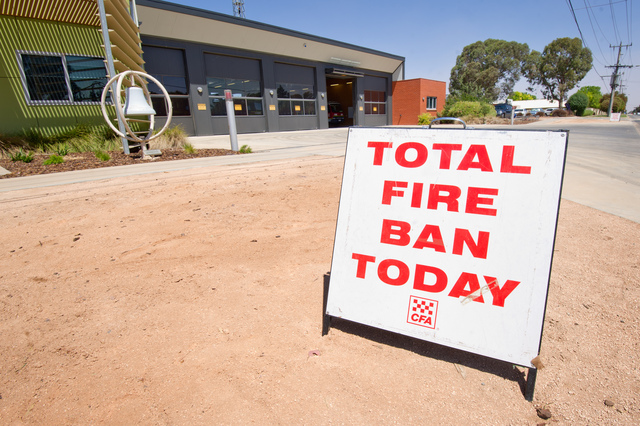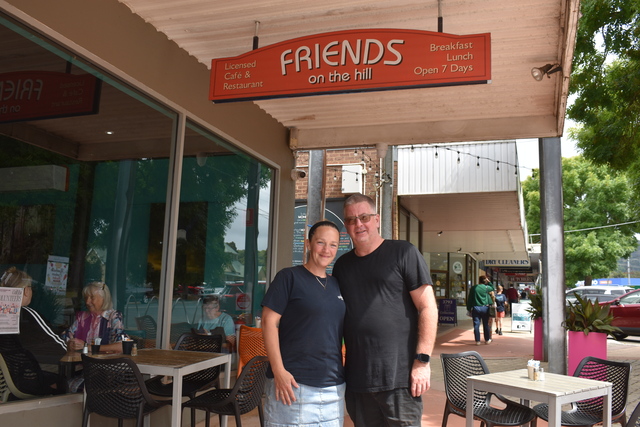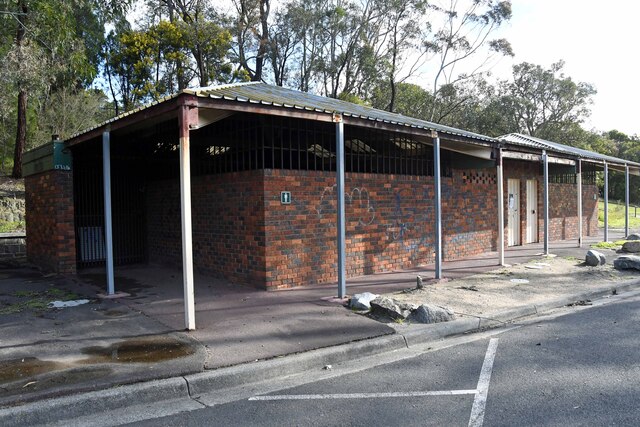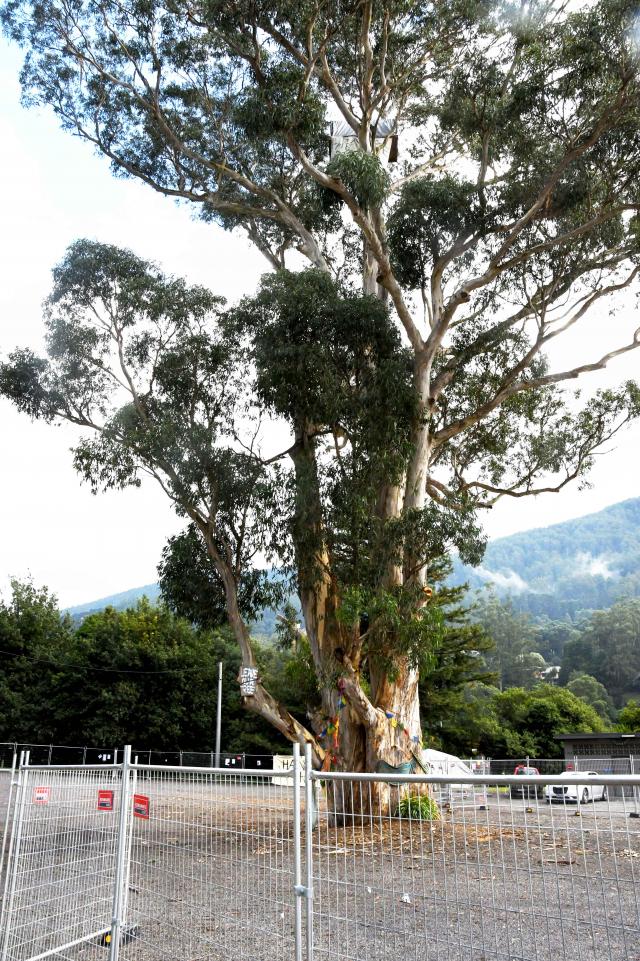Whenever I have worked and needed someone to care for my children, there always seemed to be someone in my area looking for some work, happy to come into my home to care for my pre-schoolers and earn some money.
There was no pulling sleepy kids out of warm beds on chilly winter mornings, no rushed breakfasts and clinging, crying goodbyes.
My children remember these women with affection.
Two stand out: Mrs Kafka who looked like she had just stepped out of a Raold Dahl story and cooked nutritious treats and Mrs Biesnick, once a ballet dancer, a warm and imaginative carer.
I would come home to happy children who had spent the day in their home environment.
These kind of informal childcare arrangements no longer exist as childcare is now big business.
It is evident that today families increasingly need both parents bringing in an income to cope with the costs of raising a family.
The wrench of leaving a baby in childcare is captured by Hollie McNish in Nobody Told Me
“I handed her over / to the arms of a stranger
and she cried and I cried / and I smiled through the glass…”
But childcare is not simply childcare.
It is, as the federal government tells us a vital building block in the way modern Australian families live, and it underpins our economy.
Treasury and productivity reports show that better access to child care lifts GDP by improving workforce participation, especially among women.
Pressures also comes from a society that no longer values a stay at home mother and the skills of fulltime homemaking and nurturing.
As of June 2022, only 20 per cent of families had a stay-at-home mum.
Already I hear the outrage at signalling out women as bearing the brunt of homemaking.
And though men are capable of nurturing and caring and even house cleaning, there are still areas such as breastfeeding which obviously is the mother’s exclusive domain.
Many mothers would prefer to remain home longer or at least to balance work and family, often through part-time or flexible arrangements.
Since the disturbing revelations about Joshua Dale Brown, charged with alleged sexual acts against children in his care.
There has been much outrage and understandably parents whose children have been affected must be suffering a range of very human feelings: from anger, disgust to guilt for having put their children in dangerous situations.
Governments, both State and Federal have sprung into action with promises of more and stricter regulations and threats of withdrawing subsidies from providers, increasing regulations and installing more CCTVs
The industry has become a honey pot for investors, its worth an estimated $22.3 billion with around 1.45 million children using the service last year, the majority in the zero to four age group.
Currently, 50-60 per cent are private for profit providers: individual owners, corporate chains and private equity backed groups.
The small remaining group of non profit providers are mission driven organizations or local government run.
But have we stopped to think of the kind of adult that will emerge after spending so much of early years in a structured controlled setting?
Wordsworth’s famous line The Child is Father of the Man reflects on how our childhood shapes who we become as adults.
The child’s experiences and emotions carry into maturity, framing who we are at our core.
Rarely do I agree with Parnell McGuiness but recently writing in the Age, she has had the courage to call out that it is not regulation that is the problem but the system itself.
Tightening regulations is of course a necessity when childcare has morphed into an industrial scale industry but is the system in the best interests of our children?
A favourite argument in support of child care is that early childhood education will give these children a head start academically and socially.
Not everyone agrees and much hangs on the quality of the care received and as we have seen from investigations such as those by ABC’s Adele Ferguson many fail to give the care children need.
Sometimes we forget the benefits unstructured play in a child’s development.
Mothers are less interested in the early learning offerings prioritising warmth of care-giving, location, and cost, followed by flexible hours of care.
The toll is not just on children but on the parents as well.
As poet Adrienne Rich reflecting on the conflicted expectations on women, particularly those with very young children wrote on how the need to be two people—mother and worker—is real and tearing.
They say / you chose this
as you look for somewhere to cry / where no one will find you.
And later in an essay, Of Women Born she suggests the invisible suffering of leaving a child in paid care: The conflict is not between children and work, but between love and enforced absence.
Reforming the childcare system can play a crucial role in improving wellbeing of both mothers and fathers and most importantly the children.
Rather than concentrate on supporting the for profit players, Government should look to promoting and supporting alternatives to the current model.
With tech companies leading the way, more and more employers are announcing that employees will have the option of working from home full or part-time.
Families will now find the rigid long-day care offering distinctly out of step with the greater flexibility their reconfigured work week permits.
Tightening regulations, installing more CCTVs and threatening a cut in subsidies to providers who do not meet the required standards is not going to solve the problem.
Maybe there are still Mrs Kafkas and Mrs Biesnicks around to add to the mix.
So instead of propping up a flawed system it’s time to look at what’s best for our children and their parents. And ultimately for our society. These children are our future.
Baby’s World” by Tracy K. Smith
A baby is all eyes.
It studies the world with a gaze
That can pierce the hushed distance
Between what is seen and what is known
The Woorilla Poetry Prize is now open for submissions: woorilla.org.au




